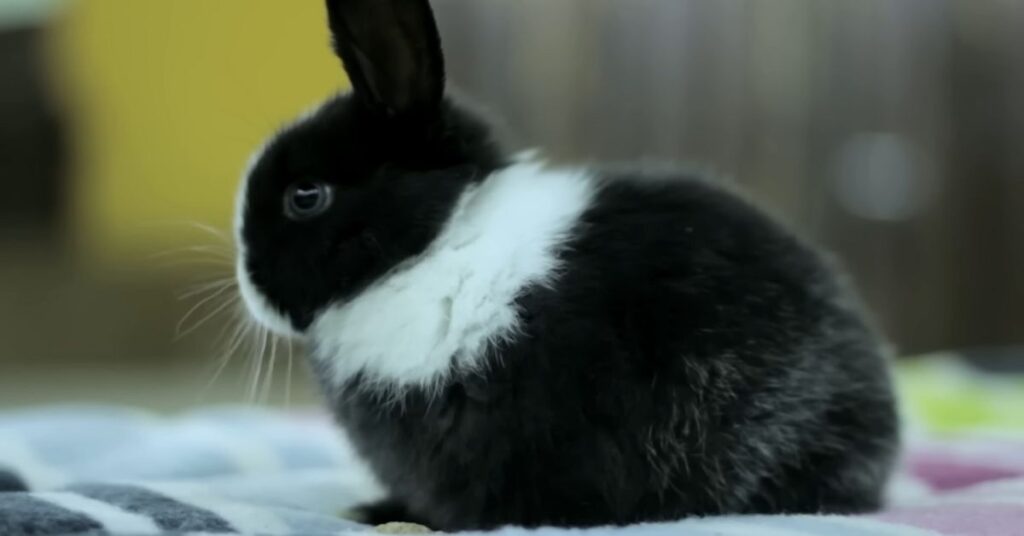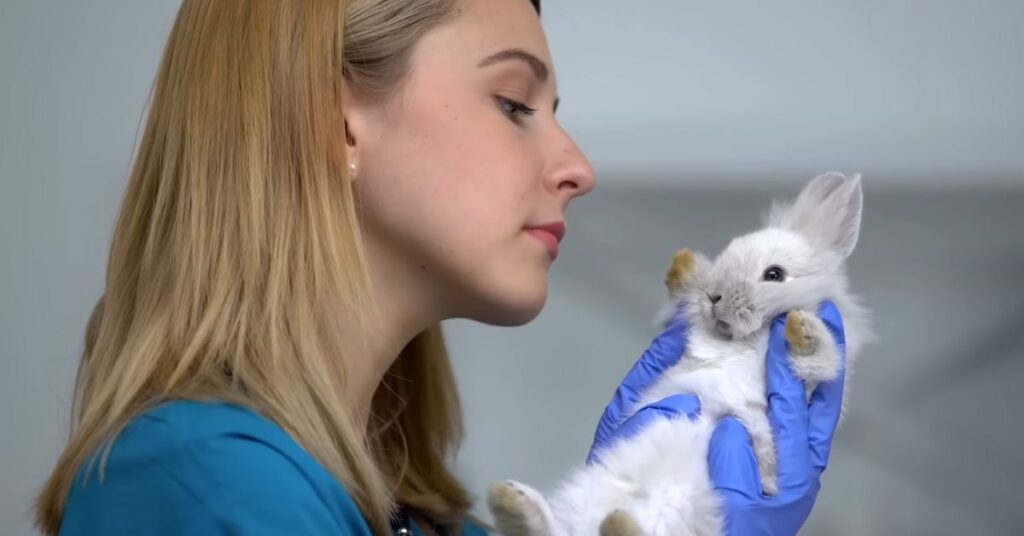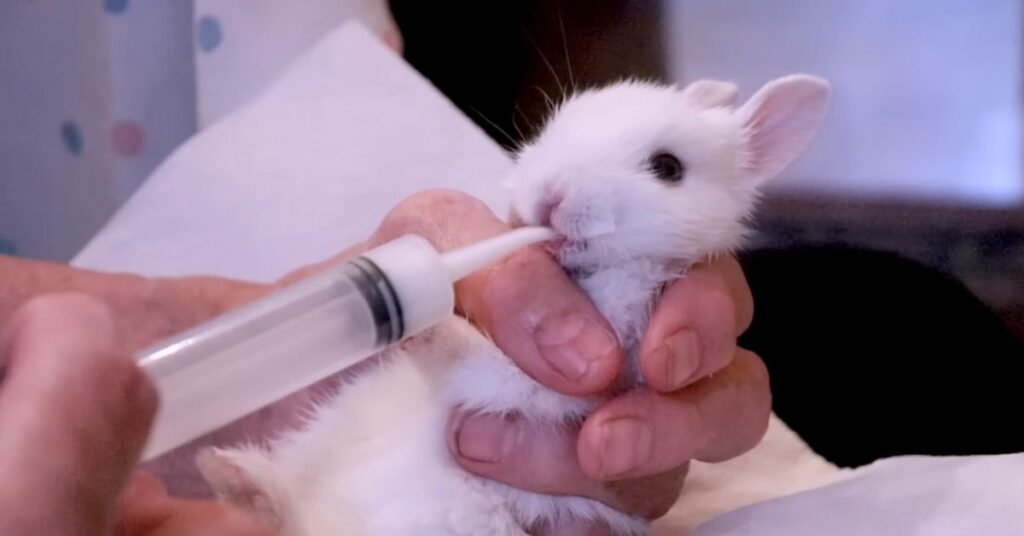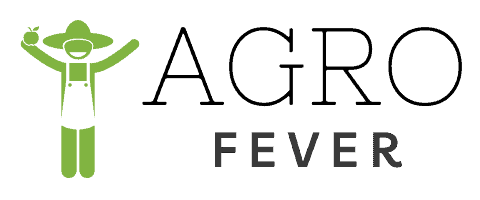Rabbits make wonderful pets. They are cute, fluffy, and fun to play with. However, there is one disturbing behavior that some rabbit mothers exhibit – eating their babies.
As an animal lover, it can be upsetting to witness this. You may be left wondering, why would a mother eat her own babies?
While the reasons behind this behavior are complex, it mostly boils down to the mother feeling anxious, stressed or confused. Thankfully, there are steps you can take to prevent a mother rabbit from eating her young.
Reasons Why Rabbits Eat Their Babies
Rabbits are herbivores by nature and do not typically eat meat. Eating their young goes against their normal behavior. However, there are some specific circumstances that can lead to this.
1. Eating the Placenta
After giving birth, it is common for mother rabbits to eat the placenta and afterbirth. This helps clean up the nest and prevents predators from being attracted to the scent.
Sometimes, in her haste to eat the placenta, the mother may accidentally grab a baby instead. This is especially likely to happen if it is her first litter and she is inexperienced.
2. Stillborn or Sick Kits
If a baby rabbit is stillborn or dies shortly after birth, the mother may eat it. This eliminates the evidence and keeps predators away.
The same is true for very sick or weak kits that are unlikely to survive. By eating them, the mother can conserve her energy for the healthier babies that stand a better chance.
3. Extreme Stress or Anxiety
Giving birth and caring for a litter is extremely stressful for mother rabbits. This is especially true for first-time moms.
If the mother is feeling overwhelmed or anxious, she may eat the babies as a way to “erase” the evidence and protect herself from predators.
Stress can be triggered by a lack of hiding spots or privacy in her environment. Excess noise, children/other pets bothering her, or even a change in diet can also cause anxiety.
4. Lack of Maternal Instinct
In rare cases, a mother rabbit may simply lack strong maternal instincts. She doesn’t make a good nest or take care of the babies.
Eating the young may happen because she is confused and not driven by the normal hormonal changes of motherhood. This usually only happens with very young rabbits.
5. Lack of Protein or Nutrition
After giving birth, mother rabbits need extra protein and nutrition to recover and produce milk for the babies. If her diet is insufficient, she may resort to eating the kits to regain protein.
This is more likely to happen if she gave birth to a very large litter. She simply cannot produce enough milk to feed so many babies, especially if she is undernourished.
6. Territorial Behavior
Rabbits are territorial by nature. For some mothers, this instinct overrides her maternal bonding. She may eat the babies because she sees them as intruders in her space.
This is more common in rabbits who have their first litter at an older age. By then, they are very set in their ways and less willing to share their area.

Preventing Rabbit Mothers From Eating Their Young
While this behavior cannot be fully prevented in all cases, there are steps you can take to reduce the risk:
- Do not breed young or elderly rabbits – Maternal instinct peaks at 1-3 years old. Breed rabbits in this age range.
- Spay rabbits after 1-2 litters – Don’t force a mother to have too many litters, as it is stressful.
- Provide plenty of nesting material – Fill the cage with hay or straw so she can build a nest.
- Give extra food and water – Make sure she is getting plenty of nutrition, especially protein.
- Leave her alone before/after birth – Give her privacy and avoid too much handling.
- Check litter size – Large litters lead to insufficient milk. Remove some kits if needed.
- Don’t change diet suddenly – Gradual changes are better than abrupt switches in food.
- Reduce external stressors – Limit noise, children/pets bothering her, and relocations.
- Providehideaways – Boxes or enclosures in the cage give her a sense of security.
- Gently handle babies – If needed, be very gentle and return them quickly.
- Watch closely after birth – Check that she is only eating the placenta/afterbirth.
- Separate if problems persist – As a last resort, remove the mother if she won’t stop.
With the right diet, environment, and breeding practices, you can minimize the chances of a mother rabbit harming her kits. Let’s look at some of these prevention methods in more detail:
Diet and Nutrition
To produce healthy babies and sufficient milk, mother rabbits need a protein-rich diet in the last few weeks of pregnancy and while nursing.
In the last 2 weeks of pregnancy, begin offering alfalfa hay in addition to her regular food. Alfalfa provides extra protein and calcium for the developing babies. Provide unlimited amounts.
After giving birth, continue feeding alfalfa hay. You should also continue giving unlimited pellets and fresh greens. Make sure she has constant access to clean water. Mother’s milk production is driven by her food and water intake.
Avoid sudden diet changes – Even if she ate something before pregnancy, don’t remove it after the babies are born. Sudden switches in diet add stress.
Focus on protein sources – In addition to alfalfa, feeding extras like rolled oats, mealworms and cooked eggs provide even more protein.
Supplement with calcium – Nursing mothers need extra calcium to avoid depletion of their own bones. Offer chews or supplements as directed by your exotics vet.
With proper nutrition, you fuel her energy levels and milk supply so she doesn’t feel the need to eat her kits. Monitor her closely in the days after birth to ensure she is eating normally. Contact your vet if she seems to have a poor appetite.
Breeding Practices
Certain breeding decisions and practices can reduce the risk of cannibalism:
- Breed between 1-3 years old – Rabbits under 1 year lack maturity and maternal instincts. Over 3, they become too set in their ways.
- Do not breed after 5 years old – Elderly rabbits tend to be higher risk.
- Allow 1-2 litters per year – Too many litters are stressful. Give her body a chance to recover in between.
- Wean babies by 8 weeks – Babies that stay with mom too long are seen as intruders.
- Rest 6 months between litters – This gives her body a chance to recover before the next pregnancy.
- Always seperate the buck – Even if bonded, bucks stress and injure pregnant does.
- Watch for small litters – Small litters (1-2 kits) sometimes trigger eating, as it seems “abnormal” to the mother. Remove extra kits from large litters to prevent this.
Following these breeding practices reduces physical and mental stress on the mother. She will have a healthier pregnancy and be less likely to reject the babies.
Preparing the Environment
You can also make some adjustments to the cage setup and environment:
- Add nesting box – Provide an enclosed box or cardboard hideaway as a nesting space.
- Use ample bedding – Give piles of hay, straw or other materials for nest building.
- Don’t clean cage right before birth – Wait until babies are weaned before fully cleaning the cage.
- Provide privacy – Cover part of the cage so she has a hidden, dark space.
- Limit handling the week before birth – Only handle when necessary to give her privacy.
- Keep area quiet – Reduce loud noises and activity near her cage before and after birth.
- Avoid sudden relocations – Moving her cage adds unnecessary stress.
- Keep predators away – Make sure dogs/cats cannot access or bother her.
These tactics give the mother rabbit a safe, secure environment to give birth and raise her litter. She will feel more relaxed and at ease.
After the Birth
It is also important to take some precautions right after the babies are born:
- Count babies immediately – This ensures none are immediately eaten. Contact vet if any are missing.
- Check babies twice a day – Monitor closely for any decrease in number the first week.
- Watch her eat placenta – Make sure she doesn’t grab a baby by accident.
- Leave nest alone – Don’t dig in nest or handle babies for at least 1 week.
- Provide supplemental food – Place extra greens and hay right near nest so she doesn’t have to leave.
- Look for injuries on kits – Any bites or wounds mean she may be turning aggressive.
- Remove mother if problems – As a last resort, take her out of cage if she is injuring or eating the litter.
- Seek help if needed – If mom gets removed, contact a wildlife rehab center for help with hand-feeding.
With close supervision those first few days, you can identify any worrying behaviors early and take action. Most problems will be avoided by preparing well in advance though.

FAQs
Do male rabbits eat their young?
No, male rabbits (bucks) do not typically eat or intentionally harm the babies. However, babies should never be left alone with the father. He does not have the same hormonal drives for caretaking. The mother rabbit should always raise the litter alone in her own cage.
Can touching the babies cause the mother to eat them?
No, this is a myth. Touching the babies will not cause the mother to eat them or reject them. However, you should still limit handling newborn rabbits. Frequent touching when unnecessary can stress out the mother.
Why do mother rabbits only feed some of their babies?
If a mother rabbit is only feeding some of her litter, it is likely due to insufficient milk supply. With large litters, she simply cannot produce enough milk for all the kits. The weaker ones that she ignores are the ones most likely to die or be eaten by her. Removing extra babies can help.
Should I remove babies if the mother stops feeding them?
If you notice the mother has stopped feeding her babies, it is kind on a case-by-case basis whether you should intervene or not. If she stops feeding them in the first day or two, remove the litter and contact a wildlife rehab center. The babies likely will not survive without immediate help.
If she cared for them the first week but then seemed to lose interest, the kits may be old enough for you to carefully hand feed.

Conclusion
While the idea of a mother eating her babies is deeply disturbing, it does not happen as often as you might think. Out of the many litters a rabbit may have in her lifetime, she is unlikely to exhibit this behavior more than once or twice.
With the proper diet, breeding practices, cage setup and supervision, you can avoid this situation altogether in most cases. Understand the causes behind the behavior so you can properly prevent it. Do not simply breed rabbits repeatedly without making adjustments to reduce stress.
If it does unfortunately occur, take it as a sign that this particular mother rabbit may not be suited for further breeding. Do not continue to breed rabbits that readily reject or eat their young. There are steps you can take to be a responsible rabbit owner and breeder.
While rabbits may not be the most natural mothers, they can raise happy, healthy litters when given what they need to succeed. With a little preparation and attentive care, you can help facilitate a smooth process for both mother and babies.
